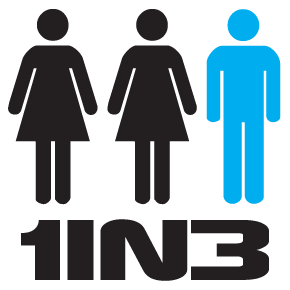If you are a male victim of family violence and/or abuse, you are not alone. No matter your background, location, income, age, profession, culture, race, ability, religion or sexuality, you deserve help.
One in eight men will experience violence from an intimate partner or family member in their lifetime.
You are not weak
You are not alone
IMPACTS ON MALE VICTIMS and their children
The impacts of family violence on male victims include:
Fear and loss of feelings of safety
Feelings of guilt and/or shame
Difficulties in trusting others
Anxiety and flashbacks
Unresolved anger
Loneliness and isolation
Low self-esteem and/or self-hatred
Depression, suicidal ideation, self-harm and attempted suicide
Use of alcohol or other drugs to cope with the abuse
Physical injuries
Sexual dysfunction and/or impotence
Loss of work
Loss of home
Physical illness
Loss of contact with children and/or step-children
Concern about children post separation.
Same-sex attracted men can be reluctant to report the abuse they are suffering because they are afraid of revealing their sexual orientation. They can also suffer threats of ‘outing’ of their sexual preference or HIV status by the perpetrator. The perpetrator might also tell them that no one will help because the police and the justice system are homophobic.
Children of male victims of intimate partner violence can suffer the same impacts as children of female victims, including
The abuse of witnessing family violence by their parents or step-parents
Direct violence and abuse themselves
Negative impacts on their behavioural, cognitive and emotional functioning and social development
Harm to their education and later employment prospects
Shaping their attitudes to violence in positive or negative directions
The possibility of being more likely to grow up to perpetrate violence in their own relationships (the majority however do not).
